New research by the Institute for Economic Affairs (IEA) has suggested customers will simply opt for cheaper, poorer quality alternatives if a tax on sugar is introduced.
The report by the IEA said that customers would simply choose cheaper, higher-calorie options if faced with a sugar tax. It said that demand for sugary drinks, snacks and fatty foods was inelastic – people tended to be unresponsive to price hikes and did not significantly change their shopping habits.
Christopher Snowdon, director of lifestyle economics at IEA and author of the report, said that evidence from Denmark, Hungary, Finland and the US showed levies on fat and sugar changed consumers’ shopping habits, but had very little effect on obesity.
He said: “In Denmark a 13.1% increase in the price of butter resulting from the Danish fat tax was associated with a modest 5.5% decline in sales, and in Finland, when the price of soft drinks rose by 7.3%, consumption fell by less than 1%.”
Snowdon also said it was worth noting that Denmark later dropped the tax – he suggested that the same effect would be mirrored here.
Low income households hit hardest
He said: “Not only would it [a sugar tax] do little to deter individuals from buying unhealthy items but low income households that spend a higher proportion of their income on food and drink would be hit particularly hard.”
The Taxpayers’ Alliance agreed – it said that a sugar tax would “hit those on a lower income hardest”, and has called the idea “regressive”.





















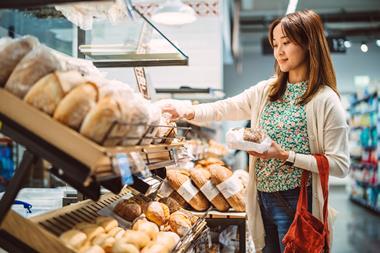

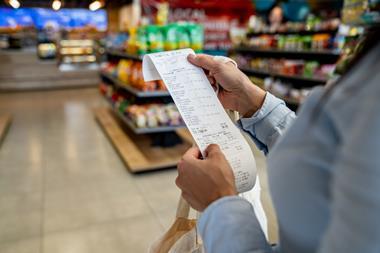

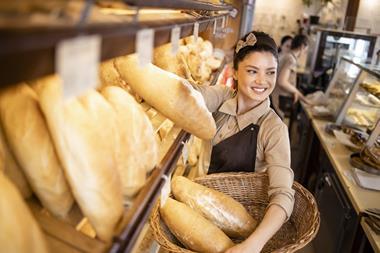
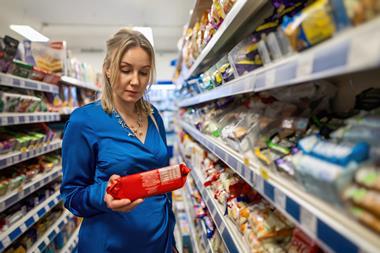

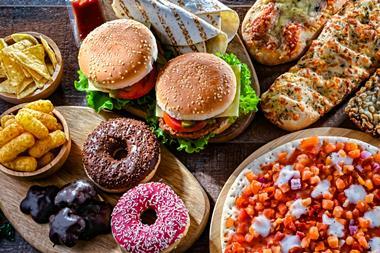
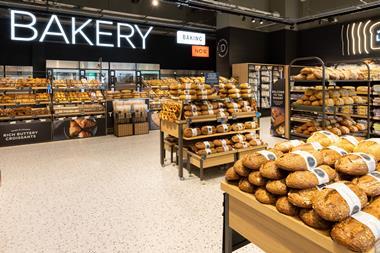
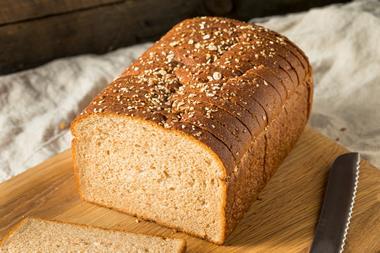

No comments yet